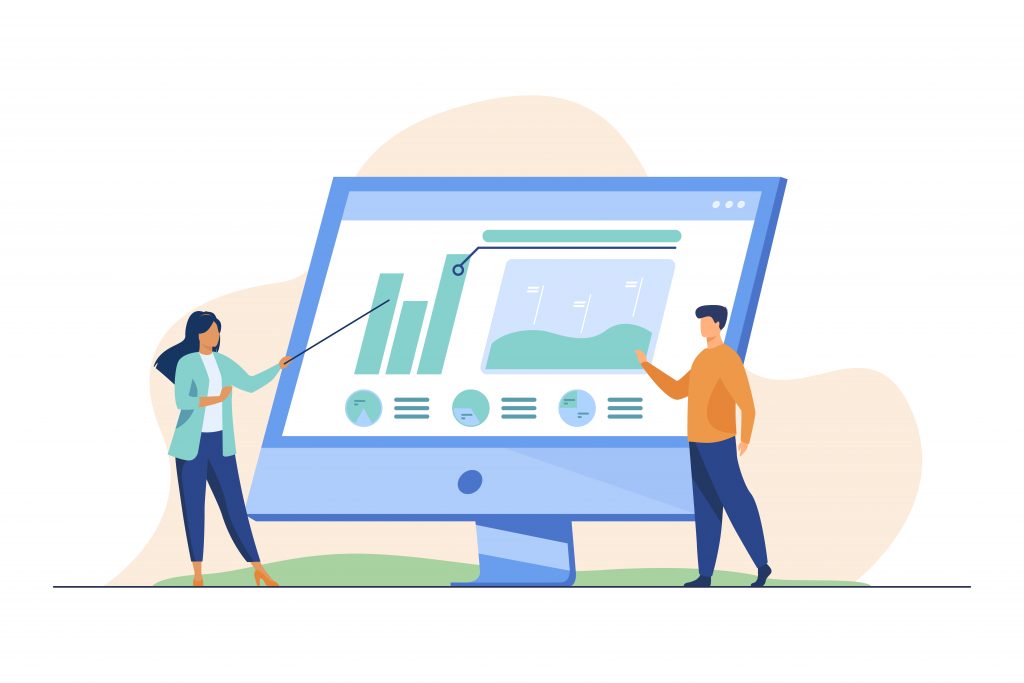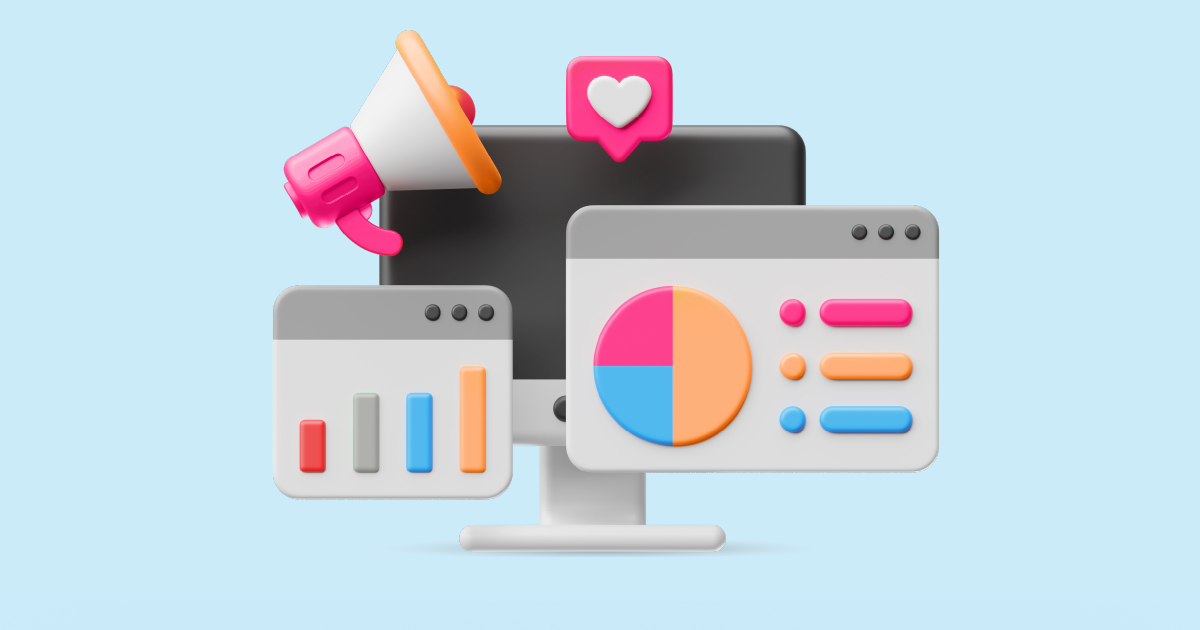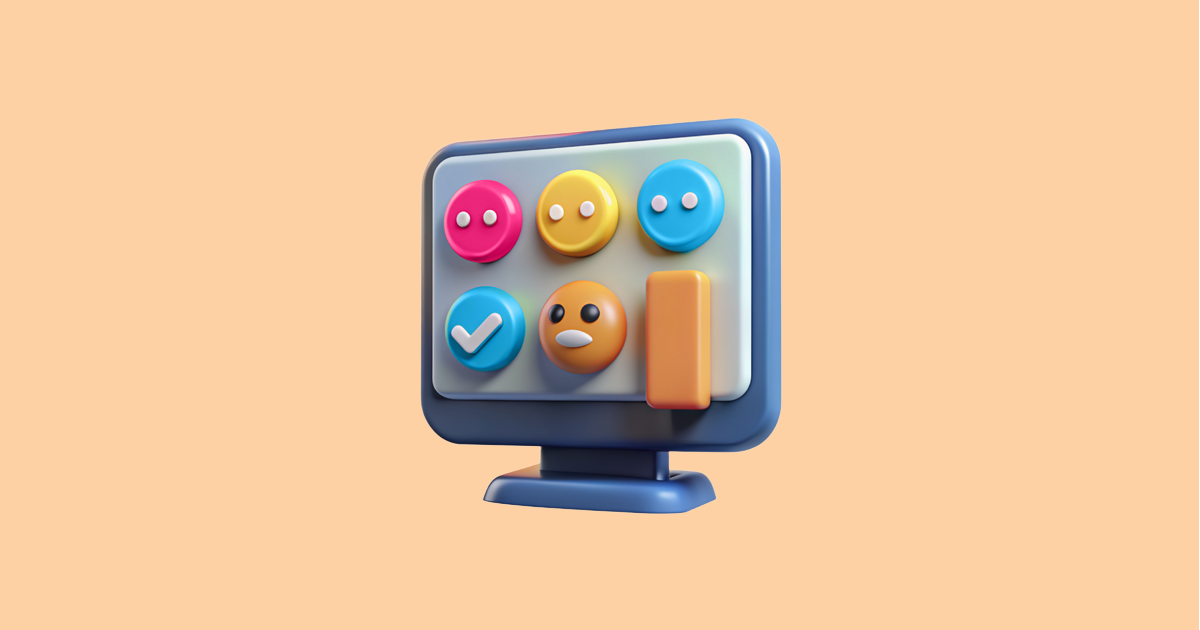In today’s fast-paced digital world, staying ahead of what’s being said about your brand is more crucial than ever. But how do you keep track of all the chatter across multiple online platforms? Enter online media monitoring—a sophisticated way to keep your finger on the pulse of public opinion.
What is Online Media Monitoring?

Understanding Online Media Monitoring
What it Encompasses
Online media monitoring involves tracking digital content, from social media posts to online news articles, to gather insights about a particular topic, brand, or trend.
Difference Between Traditional and Online Media Monitoring
Unlike traditional media monitoring, which focuses on print and broadcast media, online media monitoring dives into the vast ocean of internet-based content, offering real-time data and insights.
Key Components
1. Social Media Monitoring
This involves keeping tabs on social media platforms for mentions of your brand, competitors, or industry trends.
2. News Monitoring
Tracking online news sources to stay updated on industry developments or public perception is another critical aspect.
3. Competitor Analysis
Understanding what your competitors are up to can provide valuable strategic insights.
4. Sentiment Analysis
Analyzing the sentiment behind mentions helps gauge public opinion, whether positive, neutral, or negative.
Benefits
1. Brand Reputation Management
Quickly identify and address potential threats to your brand’s reputation before they escalate.
2. Customer Feedback and Engagement
Monitor what customers are saying to improve products, services, and customer satisfaction.
3. Crisis Management
Spot potential crises early and manage them proactively with a clear strategy.
4. Market Trends Analysis
Stay ahead by identifying emerging trends that can influence your business strategy.
How Online Media Monitoring Works
1. Data Collection Techniques
Data is gathered from various sources using advanced algorithms to ensure comprehensive coverage.
2. Use of Artificial Intelligence
AI plays a critical role in sifting through vast amounts of data to provide actionable insights.
3. Real-time Analysis
Real-time tracking allows for immediate responses, which is crucial in today’s fast-paced digital environment.
Popular Tools for Online Media Monitoring
Mention
A powerful tool that allows businesses to track brand mentions across the web.
AIM Insights
Offers in-depth analytics and insights from social media and online sources.
Hootsuite Insights
Combines the power of social media management with detailed analytics.
Google Alerts
A simple and free way to monitor mentions of your chosen keywords online.
Challenges
1. Data Overload
The sheer volume of data can be overwhelming, making it difficult to extract meaningful insights.
2. Accuracy and Reliability
Ensuring the data collected is accurate and reliable is a significant challenge.
3. Privacy Concerns
Monitoring online content raises ethical questions about user privacy.
Strategies for Effective Online Media Monitoring
1. Setting Clear Objectives
Know what you want to achieve with your monitoring efforts to stay focused.
2. Choosing the Right Tools
Select tools that align with your objectives and offer the features you need.
3. Regular Reporting and Analysis
Consistently analyze and report findings to adapt strategies as needed.
Case Studies of Successful Online Media Monitoring
Case Study 1: XYZ Brand Crisis Management
How XYZ Brand successfully navigated a PR crisis using online media monitoring.
Case Study 2: ABC Company’s Market Trend Analysis
ABC Company leveraged monitoring to stay ahead of market trends, leading to significant business growth.
Future Trends
Emerging Trends
The future will see more personalized and predictive monitoring solutions.
Role of Artificial Intelligence and Machine Learning
AI and machine learning will continue to enhance the capabilities of media monitoring tools, making them smarter and more efficient.
Conclusion
Online media monitoring is no longer optional; it’s a necessity for any brand that wants to stay relevant and competitive. By leveraging the right tools and strategies, businesses can turn insights into actionable intelligence, ensuring they remain proactive rather than reactive. Ready to take your media monitoring to the next level? Request a demo from AIM Technologies and see how our innovative solutions can help your business stay ahead of the curve.
FAQs
What is the primary goal of media monitoring?
The main goal is to track online content related to a brand, industry, or topic to gather insights and manage public perception.
How does media monitoring help in crisis management?
It allows brands to identify potential issues early and respond promptly to mitigate negative impact.
Which industries benefit the most from media monitoring?
Industries such as retail, hospitality, technology, and finance benefit significantly from online media monitoring.
Can small businesses afford media monitoring tools?
Yes, there are many affordable tools available that cater to the needs of small businesses.
What are the ethical considerations in media monitoring?
It’s essential to respect user privacy and ensure data is collected and used ethically.




